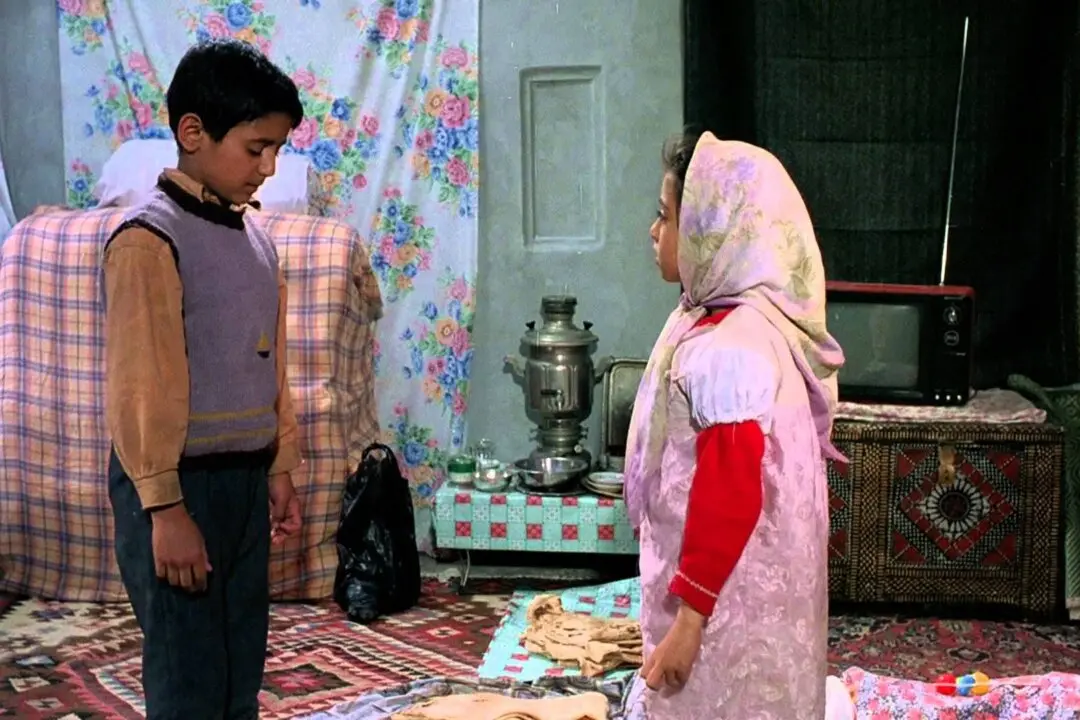NR | 1 h 39 min | Romance, Drama, Comedy | 1940
Alfred Kralik (James Stewart) and Klara Novak (Margaret Sullavan) are co-workers at Mr. Matuschek’s (Frank Morgan) leather goods retail store in Budapest, Hungary. The story revolves around the lives of those who work there, and these two employees find their lives especially entwined. Yet what Kralik and Novak see in each other at their workplace repels.




